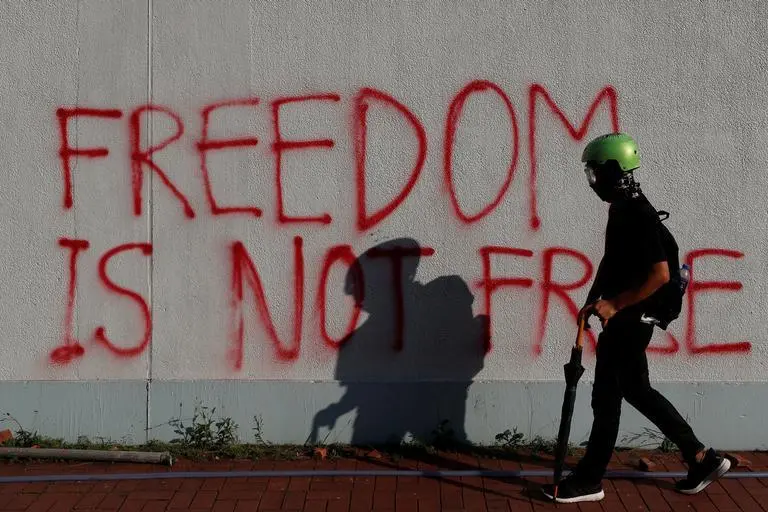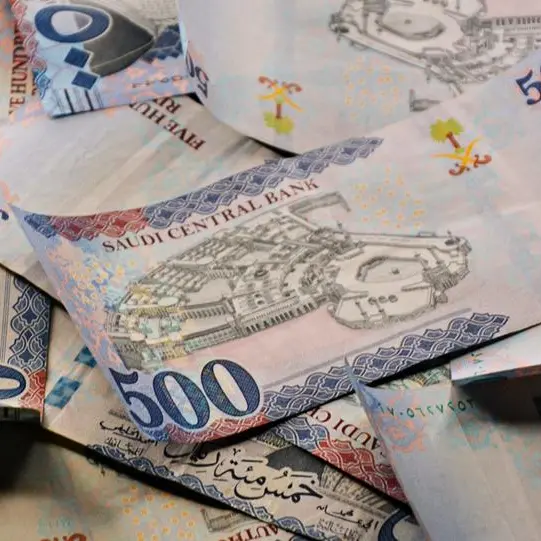PHOTO
HONG KONG - For Hong Kong, it was an unhappy Chinese anniversary. In stark contrast to the organised parades and messages of peaceful development being transmitted from Tiananmen Square to commemorate seven decades of the People’s Republic on Tuesday, clashes in the special administrative region intensified. For the first time since the unrest started some four months ago, police shot a protester. It’s an ominous sign for the territory’s hopes of stability.
National Day was marked in advance by all sides as a likely flashpoint. Flag-raising celebrations in Hong Kong were closed to the public. In the end, violence came quickly, culminating in the use of live ammunition against at least one teenage demonstrator. Large sections of the city’s MTR subway system were closed, as were many malls on a holiday that would usually find them thronging with visitors from the mainland. Those tourists stayed home, exacerbating months of economic pain for the city.
Despite the unprecedented gunshot injury and over 100 other casualties, the latest response also could have been far worse. Anti-government protesters damaged property, including storefronts and cash machines, set fires and threw petrol bombs in fast-moving attacks across the territory that would test any metropolitan police force. Some tactical steps taken elsewhere – such as curfews, preemptive transport closures on a large scale and even mobile-network shutdowns – were not deployed.
It puts China’s quandary into sharper focus. Hong Kong real estate prices are tumbling, retailers are hurting and hoteliers are getting squeezed by ever-higher vacancy rates. Suffering among the business and financial communities will only worsen while violence persists and spreads. If the demonstrations don’t fizzle out, as they have in years past, Beijing will have to decide whether to ratchet up its intervention or encourage Hong Kong authorities to implement tougher measures themselves.
Yet achieving the sort of stability that banks, property tycoons and multinational companies – not to mention government officials – are craving at this stage could easily have the opposite of the desired effect. Cracking down harder on activists, restricting movement or curtailing web access would undermine the freedoms that make Hong Kong an attractive destination. Any of them would increase the risk of capital flight. The waiting game, however, may be equally costly.
CONTEXT NEWS
- Hong Kong police on Oct. 1 shot a teenage protester, the first to be hit by live ammunition in almost four months of unrest in the Chinese-ruled city, amid violent clashes on the 70th anniversary of the founding of the People's Republic.
- Carrie Lam, Hong Kong’s chief executive, was in Beijing to celebrate the anniversary. In contrast to events in the special administrative region, Beijing's carefully choreographed festivities included troops marching through part of Tiananmen Square with new missiles and floats celebrating the country's technological prowess.
- Hong Kong’s benchmark Hang Seng Composite Index was down by 0.63% at 9:45 a.m. (0145 GMT).
(Editing by Clara Ferreira Marques and Katrina Hamlin)
© Reuters News 2019





















